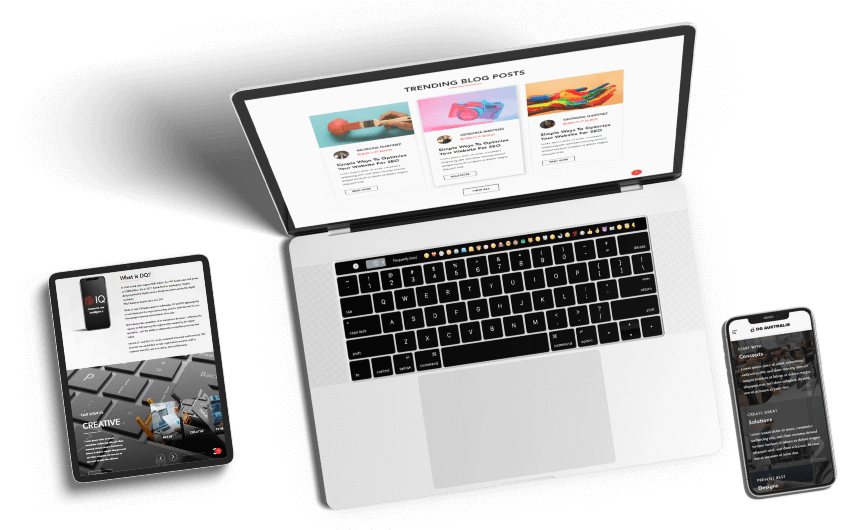

Do you understand how the printing press works? No? Well, how could you possibly know how your target market will respond to your new brochure? Clearly, this is an absurd proposition. Understanding how your target market will respond to your new brochure, or indeed how best to create a brochure that will cause them to buy your product, is all about understanding the consumer, not the printing, design or copywriting processes. The same is true of digital communication. While understanding the technology and its capabilities is helpful in digital marketing – it is not the key to effective digital marketing.
As will all marketing effective digital marketing must start with an understanding of the target audience and how to cause them to behave as you want them to? Understanding the consumer is critical.
Did you know that research has found:
Well, now you do. What are you going to do about it? How will you respond? Do your consultants understand these findings and the implications they have for your marketing strategy?
Did you know that research has found:
Did you know this? Do your staff and consultants know this? Have these findings and others like them been taken into account in developing your marketing strategy?
Did you know that research has found:
Were you aware of just how much more important referral is today than advertising? How are these findings reflected in your communication strategy and budget?
Did you know that research has found:
Are these statistics even important? Have you considered them when drafting your marketing strategy? Do your staff and consultants understand how this might impact the strategies you use?
I cite these statistics and ask these questions for two reasons. Firstly, I think they are interesting and hope you do too. Secondly, these statistics represent the kinds of things about consumer behaviour that your staff and consultants need to know if they are to develop the optimal marketing – or indeed digital marketing – strategy. Understanding these and the plethora of other issues regarding how humans or consumers behave is every bit as important as understanding the technology used in digital marketing.
Did you know that research has found:
Don’t you think these numbers might have a bearing on your e-commerce strategy? Have you taken them into account in designing your e-commerce presence?
Did you know that research has found:
Are these findings not central to any communication strategy utilising digital media? Are any of them a surprise to you? Have they been taken into account in developing your digital marketing strategy?
A third and very important reason for highlighting these numbers and questions is that they help draw attention to the value of research data. Where they are contrary to intuition, they should cause you to reflect on what is more likely to be right – your intuition or data from high-quality research. And before you suggest that your market is different or that the research might be wrong (for whatever reason) ask yourself about the probability either is the case. If you are thinking rationally – you will appreciate that even when intuition is used – it is of greatest value when applied to the interpretation of data.
Make sure that your consultants and staff have the consumer insights and research data they need before developing a digital marketing strategy. It will make for a better strategy. Understanding the technology and conventions is rarely enough.
For more information on this important topic, talk to the team at DQ Australia. Their understanding of consumer behaviour sets them apart from tech-heads.

Some say that ‘content is king’. This view is supported by research that suggests that 96% of marketing decision-makers believe content marketing is an effective component of their marketing strategy and that some 70% of marketers are investing in content...
READ MORE